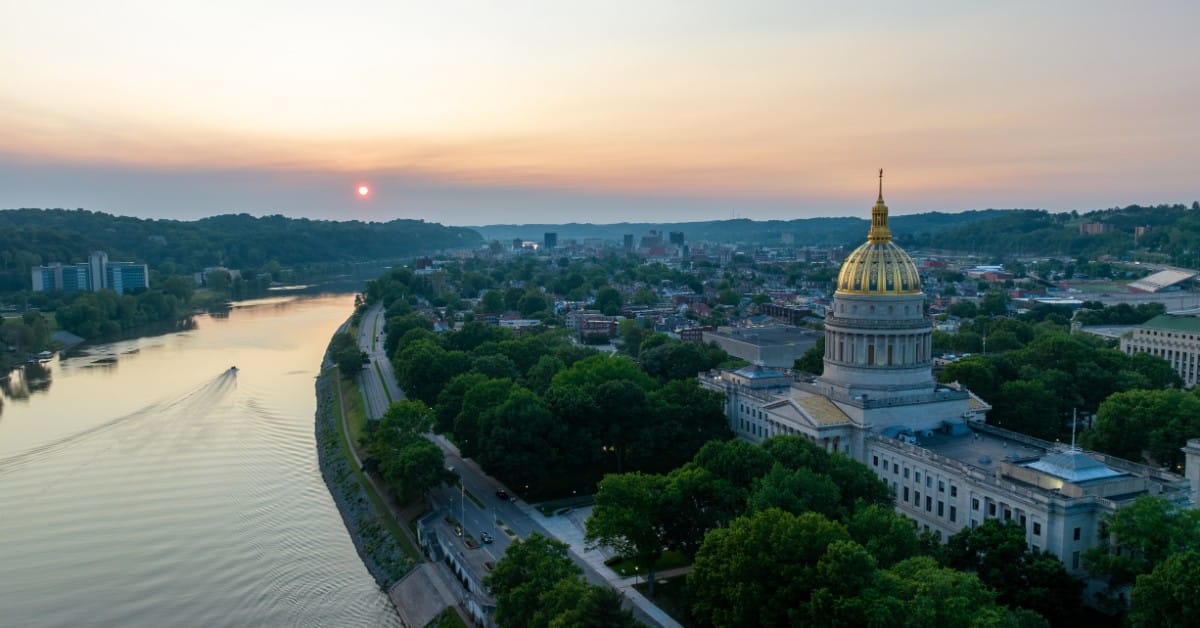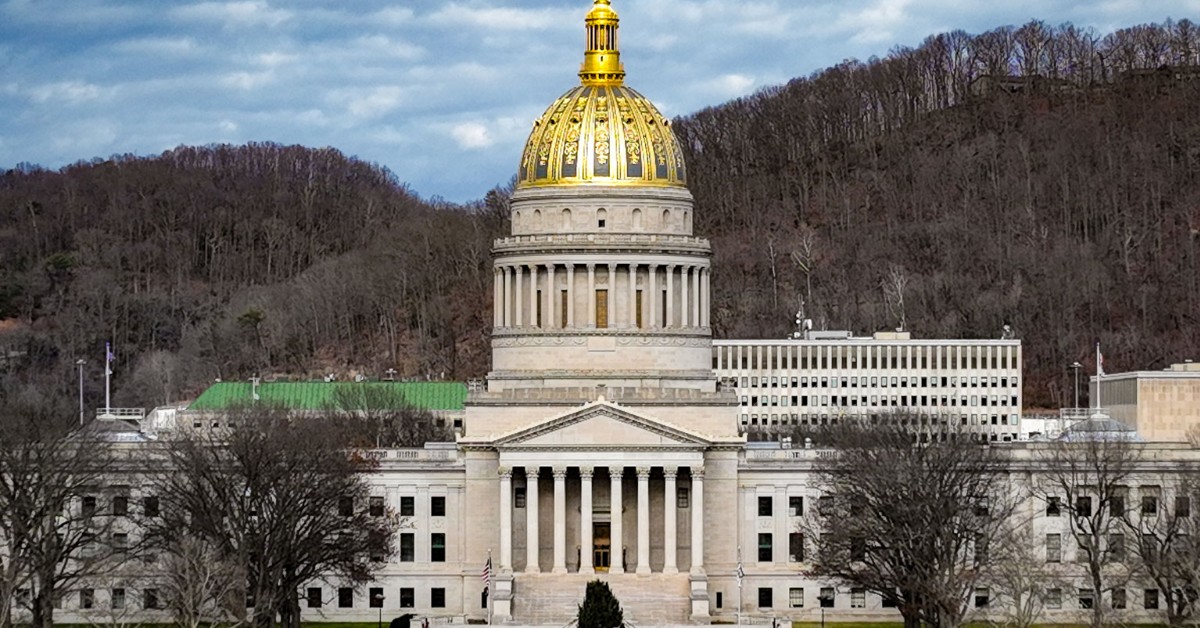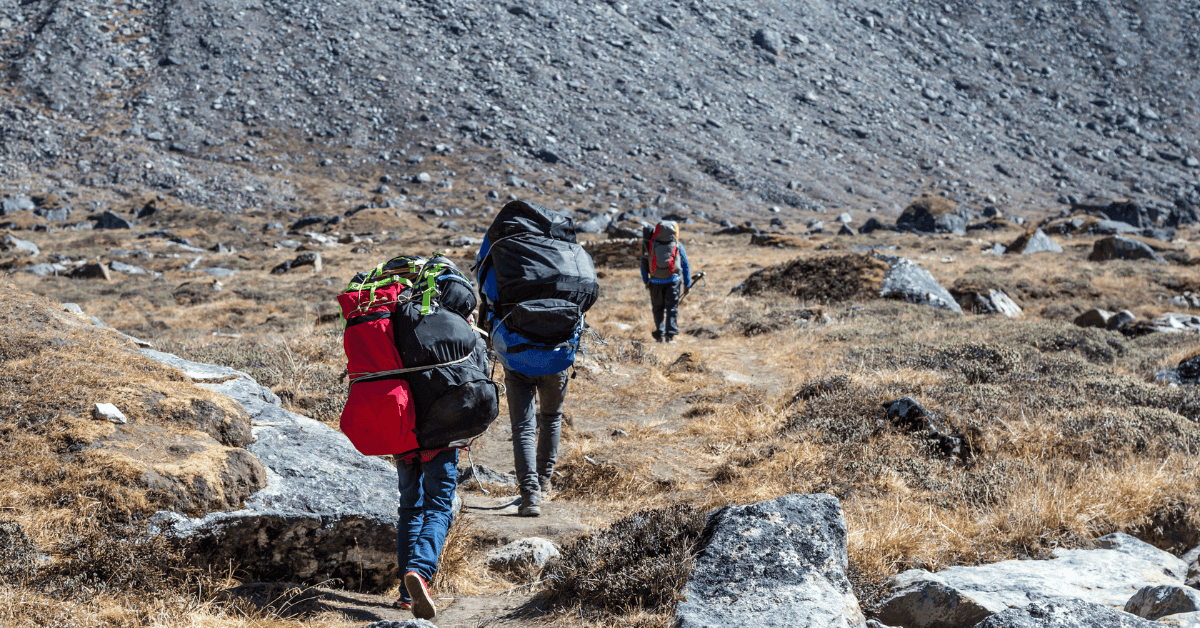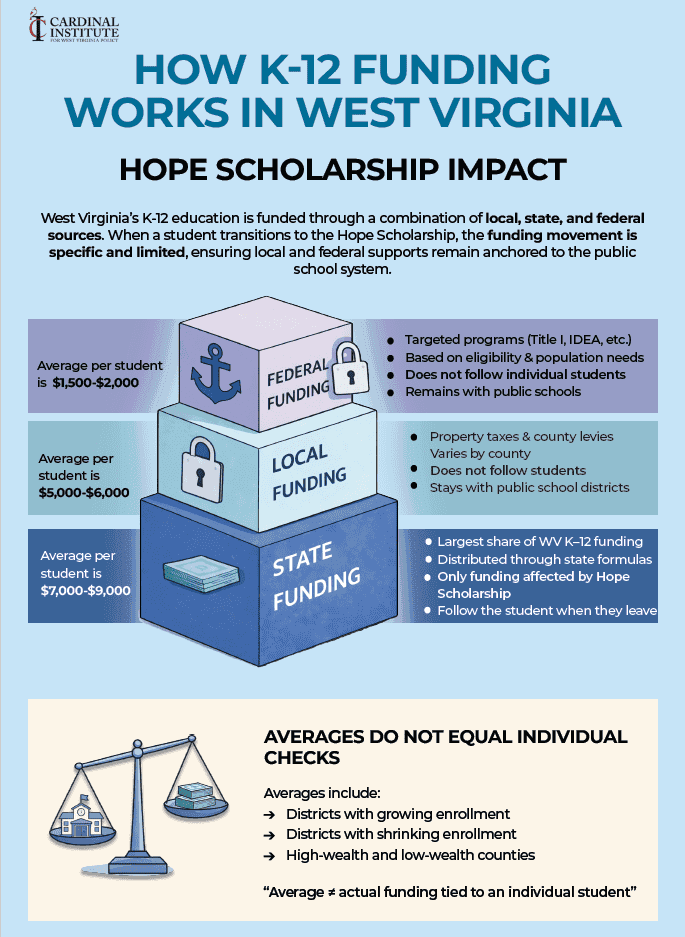
Ten Years of a Purpose Driven Organization
Ruminating on the Purpose of the Cardinal Institute
The Cardinal Institute’s 10th anniversary is fast approaching, so I have been thinking a lot about the organization’s history, future, accomplishments, missteps, missed opportunities, wins, and losses.
I have also been thinking quite a lot about the Cardinal Institute’s purpose.
We could take the standard approach by looking at our organization’s formal mission statement: “Founded in 2014, the Cardinal Institute for West Virginia Policy, Inc. is a 501c(3) non-profit dedicated to researching, developing, and communicating effective free-market public policies for West Virginia.”
Not bad but not all that dissimilar from other organizations across the country.
We could also look at Cardinal’s more verbose vision, the “West Virginia Miracle.” “The Cardinal Institute envisions an economic turnaround that will transform West Virginia into a beacon of prosperity and hope. For this miracle to occur, it must be built on four pillars: economic freedom, education freedom, worker freedom, and a culture of freedom encapsulated in the state’s motto and founding ethos, Montani Semper Liberi — Mountaineers Are Always Free.”
That’s quite a bit closer, but it’s still not quite there yet.
At the Cardinal Institute’s core, it is here to identify, define, and solve problems through the enlargement, expression, and exercise of freedom for all West Virginians. Traditionally, for a public policy research organization, this would mean churning out white papers, research, legislative testimonies, videos, op-eds, blogs, etc.. And while that’s certainly a key component to the organization’s work, it is, by no means, all of the organization’s work. Part of this is because West Virginia is a unique place in terms of its history, problems, demography, and culture. So a traditional approach “ain’t gonna cut it,” as they say.
Meeting the Moment
The Cardinal Institute has been evolving into what I call a “moment-meeting” organization that is not only equipped to solve problems in the traditional, tried-and-true approach to public policy research but is also ready to push the envelope in terms of how a nonprofit think tank considers problems and catalyzes solutions. We are here to meet West Virginia’s moment. Primarily, this means one thing: experimentation.
Think tank and experimentation? I wouldn’t call them kissing cousins, conceptually, but if the Cardinal Institute is to reach its potential in terms of its impact on West Virginia and the broader region, then experiment it must. Experimentation can manifest in many ways for Cardinal: outreach, marketing, problem identification, coalition cultivation, relationships, products, research ideas, and nontraditional approaches to problem-solving.
Over the last 10 years, Cardinal has continued to refine its approach to experimentation. However, I would say it’s all along the lines of “test small, fail small,” to ensure that any given new idea or approach to reach West Virginians with a freedom message would not imperil the organization’s reputation or standing should the experiment fail.
Amplifying the Rural Voice
Let’s take just two examples with our podcast and magazine. Our “Forgotten America” podcast is where we attempt to talk with “flyover country” and its residents about their culture, concerns, stories, and heritage. We typically take a nonpolicy approach to the discussion, but we felt this was an underserved market in the wake of Trump’s initial victory in 2016. We saw coastal publications flock to these areas to report back with their safari-like correspondences on how and why Trump won so convincingly in these areas.
In a similar vein, Liberi, Cardinal’s quarterly magazine, is an attempt to highlight the nexus between freedom, civil society, public policy, and West Virginia through compelling articles and interviews. We have a targeted distribution list for the magazine with a particular focus on community, business, and legislative stakeholders.
Free-marketeers, conservatives, and libertarians often talk about the process of creative destruction. Economist Joseph Schumpeter coined this phrase. It means that newer, better ideas destroy outdated, less efficient, and less competitive businesses and industries. However, many spend far less time thinking about “creative discovery,” which is, essentially, the idea of experimentation. If it works, use it; if it doesn’t work, try something else.
A drive towards creative discovery with the aim of solving problems, expanding freedom, and centering every Mountaineer in his own life story marked the Cardinal Institute’s first 10 years. I cannot wait to see what the next 10 years will bring, not only for the Cardinal Institute, but our beloved state, as well.








